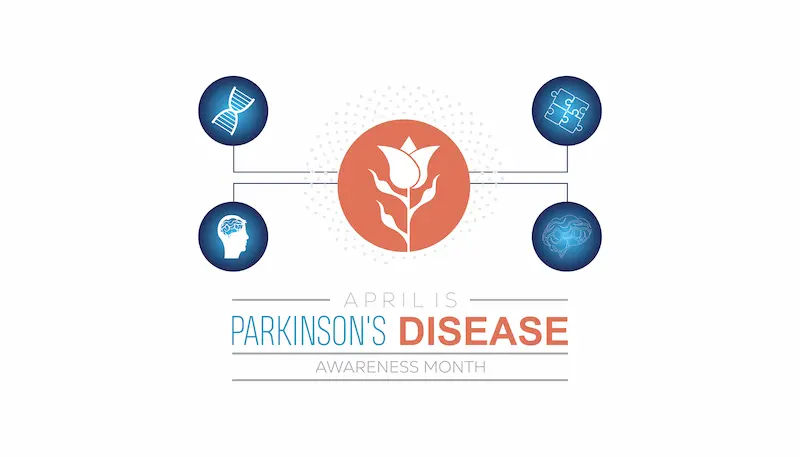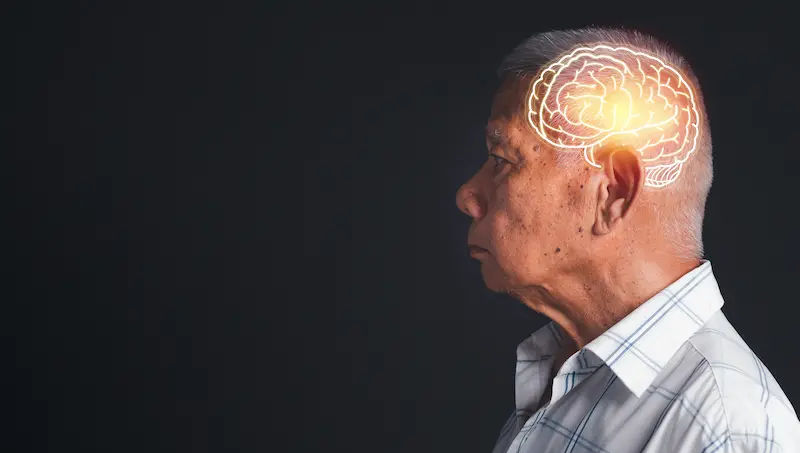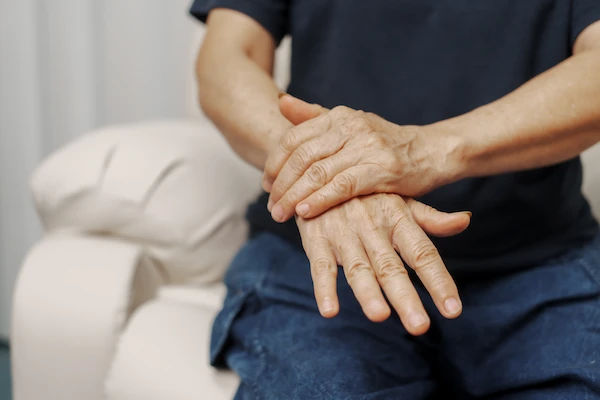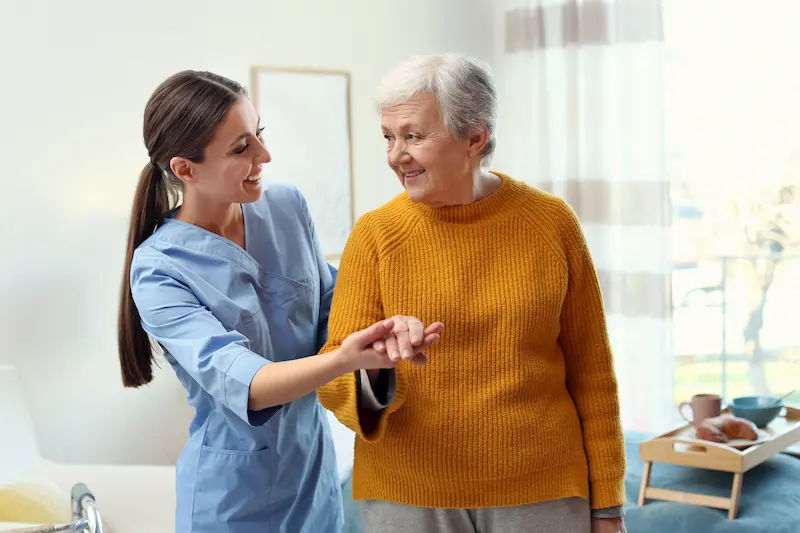Parkinson's Disease Treatment: A Comprehensive Guide to Managing Symptoms
Know about parkinsons disease, what it is, symptoms, is there a core, alternative options, lifestyle changes as an option and more

Written by Dr. Shaik Abdul Kalam
Reviewed by Dr. Vasanthasree Nair MBBS
Last updated on 13th Jan, 2026
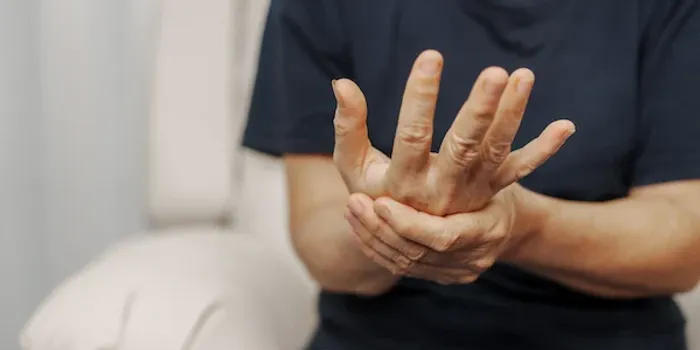
Introduction
Receiving a Parkinson's disease diagnosis can feel overwhelming, bringing with it a flood of questions and concerns. While it's important to understand that there is currently no cure for this progressive neurological disorder, a powerful array of treatments exists to effectively manage its symptoms and significantly improve quality of life. This guide is designed to walk you through the landscape of Parkinson's disease treatment, from well-established medications and advanced surgical options to essential lifestyle strategies and supportive therapies. Whether you are a patient, a family member, or simply seeking knowledge, our goal is to empower you with a clear understanding of the available options.
Consult a Top Neurologist for Personalised Advice
Understanding Parkinson's Disease: More Than Just Tremors
Before diving into treatments, it's crucial to understand what we're managing. Parkinson's disease is often associated with a tell-tale tremor, but it's a complex condition that affects each person differently.
What Happens in the Brain?
At its core, Parkinson's is caused by the loss of nerve cells (neurons) in a part of the brain called the substantia nigra. These cells are responsible for producing dopamine, a chemical messenger that plays a vital role in controlling movement and coordination. As these neurons die, dopamine levels drop, leading to the characteristic motor symptoms of the disease.
The Spectrum of Parkinson's Symptoms
Symptoms extend far beyond tremors. They are generally divided into motor and non-motor symptoms:
Motor Symptoms: These include tremor (shaking), bradykinesia (slowness of movement), muscle rigidity (stiffness), and postural instability (balance problems).
Non-Motor Symptoms: These can be equally challenging and include loss of smell, sleep disorders, depression, anxiety, constipation, and cognitive changes. A comprehensive treatment plan addresses both areas.
The Foundation of Care: Is There a Cure for Parkinson's?
As of now, there is no cure for Parkinson's disease. The focus of current treatment is on slowing the progression of symptoms, managing them effectively, and improving the patient's overall quality of life. Think of it as managing a chronic condition, much like diabetes or hypertension. With the right combination of therapies, many people with Parkinson's lead active and productive lives for many years after their diagnosis. The key is a proactive and personalised approach, developed in partnership with a neurologist, ideally one who specialises in movement disorders.
Medication: The Primary Tool for Symptom Control
Medication is the cornerstone of Parkinson's disease treatment. The primary goal is to replenish dopamine levels in the brain or mimic its effects.
Levodopa: The Gold Standard
Levodopa is the most effective and common medication. It is a natural chemical that the brain converts into dopamine. It is almost always combined with another drug called carbidopa (e.g., in Sinemet®), which prevents levodopa from being broken down before it reaches the brain, reducing side effects like nausea. This combination is highly effective for managing slowness, stiffness, and tremors.
Dopamine Agonists
Unlike Levodopa, dopamine agonists (e.g., Pramipexole, Ropinirole) don't turn into dopamine; instead, they mimic the effect of dopamine on the brain. They are often used in earlier stages or alongside Levodopa. They can be a good option for delaying the need for levodopa in younger patients.
Other Key Medications in the Toolkit
MAO-B Inhibitors (e.g., Selegiline, Rasagiline): These drugs slow down the breakdown of dopamine in the brain.
COMT Inhibitors (e.g., Entacapone): These extend the effect of Levodopa by blocking an enzyme that breaks it down.
Amantadine: Originally an antiviral drug, it can provide short-term relief of early-stage symptoms and help manage involuntary movements (dyskinesia) that can occur with long-term Levodopa use.
Managing Medication Side Effects
All medications can have side effects. For Levodopa, these can include nausea, dizziness, and over time, "on-off" fluctuations and dyskinesias. If your medication regimen is causing troublesome side effects, it is crucial to consult your neurologist. They can adjust the timing, dosage, or combination of drugs to find the best balance for you. For convenient follow-ups, you can consult a neurologist online with Apollo24|7 to discuss adjustments.
Surgical Interventions: When Medication Isn't Enough
For some individuals, medications may become less effective or cause significant fluctuations. In such cases, surgical options like Deep Brain Stimulation (DBS) may be considered.
Deep Brain Stimulation (DBS): A Pacemaker for the Brain
DBS involves surgically implanting electrodes into specific areas of the brain. These electrodes are connected to a pulse generator (similar to a pacemaker) implanted in the chest. The device sends electrical impulses to the brain, which can help regulate the abnormal brain activity that causes Parkinson's symptoms. DBS is highly effective for controlling motor fluctuations and tremors, often allowing for a reduction in medication dosage. It is not a cure, nor is it suitable for everyone, but it can be life-changing for eligible candidates.
Beyond Pills and Surgery: The Role of Therapy and Rehabilitation
A holistic approach is vital. Various therapies address symptoms that medications cannot.
Physical Therapy for Mobility and Balance
A physical therapist can design an exercise program to improve gait, flexibility, balance, and strength. This is critical for reducing the risk of falls and maintaining independence. Programs like LSVT BIG are specifically designed for Parkinson's and have shown excellent results.
Occupational Therapy for Daily Living
Occupational therapists help patients adapt their homes and develop strategies to perform daily activities like dressing, eating, and writing more easily. They can recommend assistive devices to promote safety and independence.
Speech and Language Therapy
Parkinson's can affect the voice (making it soft or monotone) and swallowing. Speech therapy for Parkinson's patients, such as the LSVT LOUD program, can significantly improve vocal strength and communication safety.
Lifestyle as Medicine: Supporting Your Treatment Plan
Lifestyle choices play a supportive but powerful role in managing the disease.
The Power of Exercise for Parkinson's
Regular exercise is not just recommended; it's considered a core part of treatment. Studies show it can improve motor function, balance, and even have neuroprotective effects. Activities like boxing, dancing, tai chi, and swimming are particularly beneficial.
Nutrition and Diet Tips
A balanced diet rich in fruits, vegetables, and fibre can help manage constipation, a common non-motor symptom. Protein timing can also be important, as high-protein meals can sometimes interfere with Levodopa absorption. A dietitian can provide personalised advice. If you need guidance on managing diet-related symptoms, consulting a nutritionist via Apollo24|7 can be a great first step.
Exploring Complementary and Alternative Approaches
Many patients explore therapies like massage, acupuncture, yoga, and meditation to help manage stress, reduce muscle stiffness, and improve well-being. While these generally don't replace conventional treatment, they can be valuable complementary tools. Always discuss any new therapies with your doctor.
The Future of Parkinson's Treatment
Research is ongoing to find a cure and better treatments. Scientists are exploring new treatments for Parkinson's disease 2024 and beyond, focusing on gene therapy, stem cell transplants, and drugs that could potentially slow or stop the progression of the disease (neuroprotective therapies). Participation in clinical trials is a way for some patients to access cutting-edge treatments.
Living Well with Parkinson's: A Holistic Approach
The most effective management plan is a holistic one. It combines medication, therapy, lifestyle changes, and strong social support. Building a care team, including your neurologist, therapist, family, and support groups, is essential for navigating the journey successfully.
Conclusion
A diagnosis of Parkinson's disease marks the beginning of a new chapter, one that requires adaptation and resilience. However, as this guide has shown, you are far from powerless. A robust and evolving arsenal of Parkinson's disease treatment is available. From precise medications and advanced surgery to essential rehabilitative therapies and lifestyle adjustments, you have multiple tools to manage symptoms and lead an active life.Stay informed, be proactive in your care, and maintain hope. By taking a comprehensive and collaborative approach, you can take control of your journey with Parkinson's. If you or a loved one is experiencing symptoms, booking a consultation with a neurologist on Apollo24|7 is a proactive first step toward getting a personalised management plan.
Consult a Top Neurologist for Personalised Advice
Consult a Top Neurologist for Personalised Advice

Dr. Avinash Gupta
Neurologist
12 Years • MBBS, DNB - Neurology
Bilaspur
Apollo Hospitals Seepat Road, Bilaspur
(150+ Patients)

Dr. Uddalak Chakraborty
Neurologist
8 Years • MBBS, MD(GENL.MED.),DM(NEUROLOGY)
Kolkata
MCR SUPER SPECIALITY POLY CLINIC & PATHOLOGY, Kolkata

Dr. Uddalak Chakraborty
Neurologist
8 Years • MBBS,MD(GENL. MED.),DM(NEUROLOGY)
Kolkata
VDC Clinic, Kolkata
(25+ Patients)
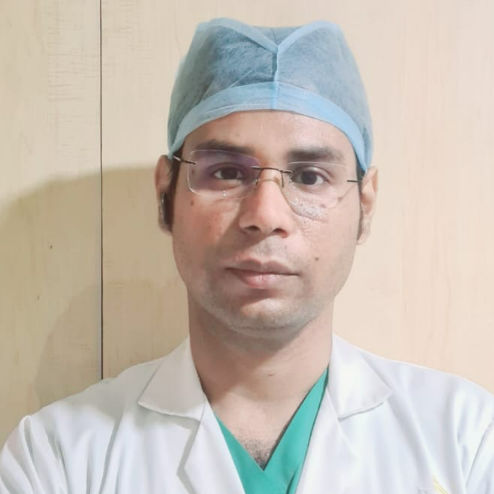
Dr Debnath Dwaipayan
Neurosurgeon
9 Years • MBBS, MS(Gen. Surgery), DrNB (Neurosurgery)
Delhi
Apollo Hospitals Indraprastha, Delhi

Dr. Sahaj Agrawal
Neurologist
8 Years • MBBS, MD General Medicine, DM Neurology (AIIMS, New Delhi)
Sri Ganganagar
Dr. Sahaj Agarwal, Sri Ganganagar
More articles from Parkinsons Disease
Frequently Asked Questions
1. What is the latest treatment for Parkinson's disease?
While Levodopa and DBS remain standard, research is focused on disease-modifying therapies. Newer medications are being developed to better manage motor fluctuations. Always ask your neurologist about the most current options available for your specific situation.
2. Can you prevent Parkinson's disease from getting worse?
While progression cannot be completely halted, a combination of prescribed medications, consistent exercise, a healthy diet, and cognitive engagement is believed to be the best strategy for slowing the progression of Parkinson's.
3. How long can you live with Parkinson's disease?
Parkinson's itself is not a fatal disease. People with Parkinson's often have a normal or near-normal life expectancy. The focus is on managing symptoms to maintain quality of life over many years.
4. What is the best natural treatment for Parkinson's?
There is no 'natural' substitute for medical treatment. However, regular, intense exercise (like boxing or tai chi) is one of the most powerful natural ways to support brain health and manage symptoms, alongside a nutrient-rich diet.
5. At what stage is Deep Brain Stimulation (DBS) considered?
DBS is typically considered for people who have had Parkinson's for at least 4-5 years, who respond well to Levodopa but experience significant 'on-off' fluctuations or dyskinesias, and who do not have significant cognitive issues or untreated depression.
